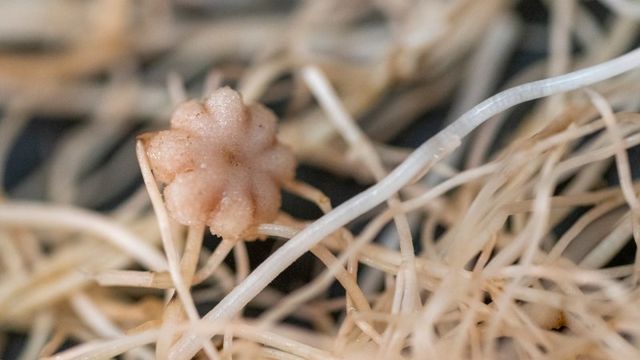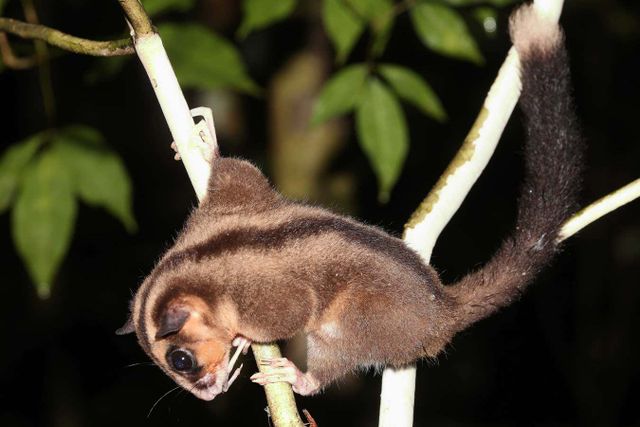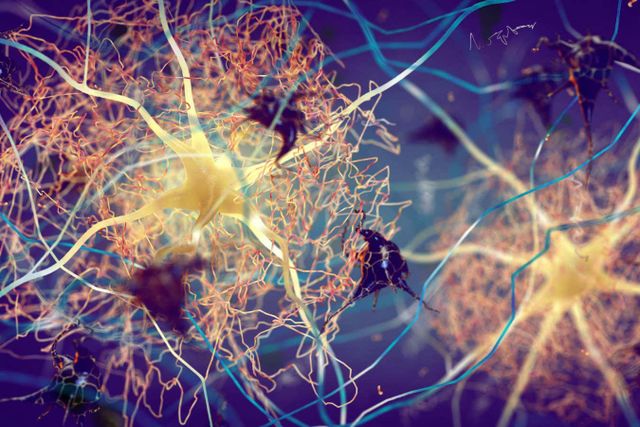How cells work together: The mathematics behind biological shapes
How do biological cells join forces to form a structure? In her Ph.D. research, Daphne Nesenberend uses mathematics to show how forces and cooperation between cells create structure—and how simulations and experiments can reinforce each other.








































